THE BOLLYWOOD GANGSTERS OF MOMBASA
The Akasha brothers, Ibrahim and Baktash of Kenya, now jailed in New York, dreamed of a drug empire so big that it would put East Africa on the map.
No one could stand in their way. Not the law, morality or competitors. Not judges, policemen or other officials. They recruited allies across all borders from India, Pakistan, China and down the coast. Even in Uganda, according to their indictment, they sought and were promised a lab to cook drugs, allegedly, by a sister-in-law of President Yoweri Museveni.
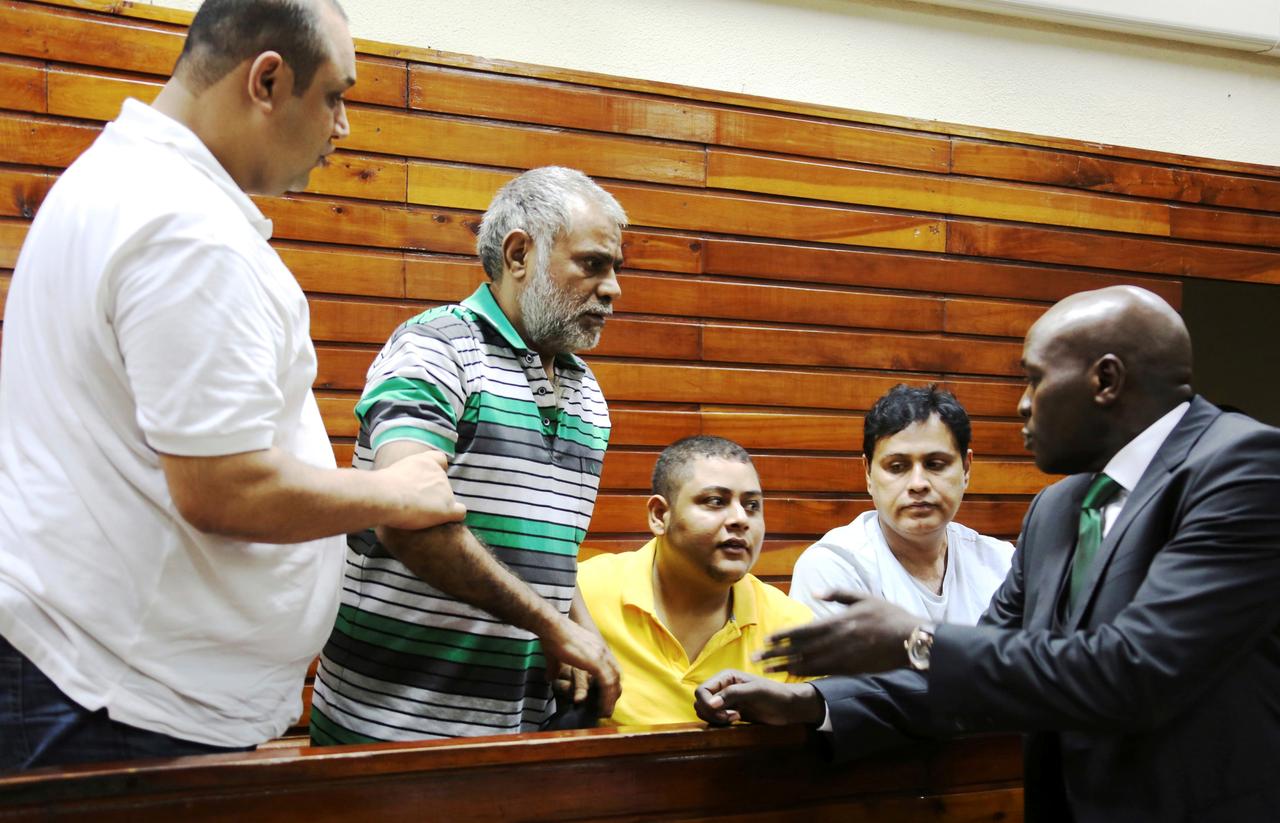
The gull of the Akasha brothers, so breathtaking, led to their downfall.
At the time of their arrest they had a shipment of half a ton of heroin from Afghanistan, the main route of drug transshipment to the East African coast, on its way to Mombasa. Unbeknownst to them the consignment had in fact been procured by undercover police officers from the United States in the kind of scene often depicted in movies like Miami Vice.The signs were there all along that these Indian brothers were tempting fate. The drug business is like raising an anaconda as a pet. As the business expands so does the danger.
The Akasha’s were badass gun-loving mafia entrepreneurs probably using their own product. This may explain some of the preposterous actions they took according to their indictment in New York’s Southern District filed on 25th of August 2019.
Armed bodyguards with AK 47’s stood guard at their ‘secure base” in Mombasa while the brothers played Bollywood villains. Baktash, the most volatile of the duo, according to the main witness, once tied his teenage son to a tree, beat and branded him in an incident that landed the poor boy in hospital. Ibrahim apparently claimed Baktash had murdered his first wife. The “take no prisoner” creed of the brothers played out in Mombasa which the indictment depicts as a town for the taking -like Miami in the famous drug inferno flick “Scarface” starring Al Pacino as the ambitious Tony Montana.
This makes some sense.
A former slave port , Mombasa, is also the spiritual home to the Swahili nation. It has long been a medium between East Africa and Asia and today it hosts the largest number of heroin “slaves” in the region. Dazed, mostly young men are often seen sitting around street corners and on its beaches. They are a source of frustration for the pious families who call this place home. Mob justice in which addicts are badly beaten for petty crimes are common.
By one account 55,000 drug addicts rely on state assisted healthcare in Mombasa with Daresalam being a second. A recent report by the Institute for Security Studies suggests over 40 tons of heroin passes through the East African seaboard. Not all of it leaves. About eight to fourteen tons remaining in the growing local market. These addicts are the clearest evidence of how far the cancer of drugs metastasized in this gateway to the East African hinterland. Other cities like Kampala, Nairobi and Kigali are showing symptoms too as distribution networks consolidate their ability to reach customers on demand and maintain their drug habits.
It is however in Mombasa that in two wars, detailed in the indictment, the Akasha’s unleashed enough violence to get them noticed. There was the murder of a former partner named “Pinky” in what appears to have been a struggle to avoid being swallowed by another South Africa based cartel.
The Akashas brazenly kidnapped one David Armstrong from a posh hotel in Nairobi and transported him to their cave in Mombasa. There they pistol whipped and beat him. Until this moment Mr. Armstrong was what is known in drug circles as a “connect”. He was supposed to hook the Akasha’s with large scale manufacturers of ephedrine – the precursor drug for making methamphetamines.
The indictment and later trial is littered many crimes mostly set in Mombasa and Nairobi and which involved efforts by the Akasha’s to protect their turf and burnish their reputation as criminal overlords.
“ Mombasa is mine and I am taking it back” remarked Baktash. This was after an assault at a club run by another crime family. He had earlier successfully hospitalized one of the operators of the Pujani family called Tony Sanghani. After procuring pictures of Sanghani in hospital – Baktash elated spread the word that he had clobbered him “ like a dog”. Feeling pumped by the event – he strolled to a club run by the Punjanis with a retinue of armed associates to show who is boss in the port city.
But Mombasa was small potatoes now. The brothers wanted more.
THE TOXIC MIX – CRIME AND POLITICS
Aside from importing their product from Asia, they needed to be self-sufficient in manufacturing methamphetamines. They were already scouting for places to run their own labs. This would require importing their own ephedrine in large quantities. That is how the name Museveni featured in the indictment.
East Africa’s ruling families are considered the main brokers of investment – legal and not. The way in which power works as a protection racket is how drugs pose a threat to the wider social enterprise. In fact, addiction to certain forms of power and privilege is not different from drug addiction.
In both cases individuals increasingly rely on either drugs or power which come to represent how they view their self-image and sense of control over the challenges they face. Addiction to drugs becomes more like addition to power when there is a threat that the addict may be deprived. Harsh withdrawal symptoms emerge. Fear, panic and loss control set in.
The more addicted the worse off.
It is no joke that the corruption of power is addiction to office. But it starts innocently enough before the toxic mix of drugs, corruption and politics begins to undermine democracy, national security and public safety.
Take for example evidence sampled in the Akasha indictment.
Alongside their drug business the brothers were also gunrunning. Through an “Italian” middleman the Akashas were reportedly buying guns from Al Shabab, the terrorist organization whose own illegal empire includes charcoal trade, camel markets, human smuggling, and contraband goods amongst others.
The guns ironically were then sold to ship crews in Mombasa who ply the coastline. It is possible that shadowy syndicates who transport drugs using dhows from Pakistan/Afghanistan also relied on this network to arrange protection for their sea-going vessels from pirates or negotiate for hostage releases. These activities require the protection of public officials. They also by-pass national security and other concerns.
On Monday a massive car bomb denoted in Mogadishu that killed over 85 people. Al Shabab claimed responsibility. But lapses such as these are possible where organized crime is widespread. The Akasha gunrunning made a mockery of Kenya’s claims of securing its citizens since drug trafficking is an indication the authorities cannot prevent the infiltration by terrorist networks.
Kenya had suffered heavily from similar attacks such as happened in Westgate and the Dusit complex. Terrorism and other types of crime are bred in the same orphanage. The umbilical cord that links criminal networks to politics is also the same – cash.
Physical cash.
Criminals like that cash is difficult to track just the same as politicians. In East Africa’s increasingly” cash and carry” elections having a source of untraceable income comes in handy. While criminal entrepreneurs often pay for protection – in some cases they also directly grab political power for themselves. Nairobi’s flamboyant governor, for example, has long been linked to the drug trade. He is the kind of mutation, of this relationship, where rather than buy political protection by using drug cash for slush funds during elections – some drug dealers just run for office and hit two birds with one stone. One report suggests up to four “known” drug dealers are elected politicians in Kenya and the number is expected to grow.
THE FALL OF THE AKASHA EMPIRE
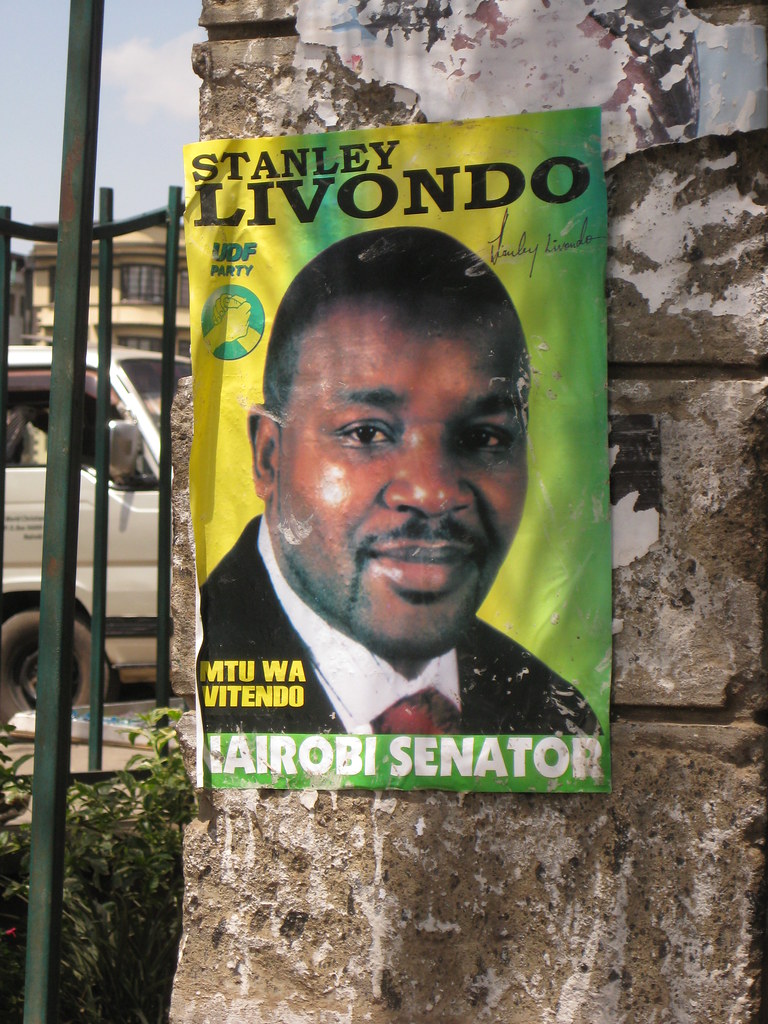
The Akashas failed because they could bribe but not own Kenyan politicians.
There was a very public altercation between the temperamental Mr. Baktash and one Stanley Livondo – an associate of Governor Sonko and political-business heavyweight. During a confrontation at a mall Baktash pulled a gun on Livondo. The beef between the two men was Livondo’s apparent attempts to shield the South African connect – Mr. Armstrong.
Livondo is no paperweight. His other nickname is “Mr. Moneybags”. Besides being loaded he has shown a penchant for electoral politics unsuccessfully running for office several times including as Senator for Kakamega in the last Kenyan election. Gang related characters like him are the glue that sticks the (international) criminal underworld with the political one.
They bring undue influence often in the form of campaign finance. The link between general corruption and campaign finance is already pronounced in Uganda. It explains “textbook” runaway corruption which involves corrupt shillings in billions being laundered into political power. In turn such political power protects the corrupt and their enterprises.
Campaign financing especially for presidential candidates is already opaque. But official corruption points to one avenue. The cannibalization of public funds to feed the elections beast has been getting worse with the climbing cost of elections. But this type of window into the effects of corruption as leakages of public funds does not reveal the monster more clearly as a social reality not just an administrative one.
This is because elections and power is about social ideas about things like the “sharing of the national cake” by various competing tribes. Insecure communities and families are all desperately trying to get into the political racket because they recognize that you are either in or out in the cold. They accept corruption as the currency that purchases social security on the one hand and on the other as the only real path to fighting entrenched inequality.
It is eat. Or be eaten.
This social reality in Uganda ( as in Kenya) is the reason gangsters, drug lords, corrupt military men, cannibalistic civil servants or thieving pastors are simply seen as success stories first and moral questions later. Drug dealers and politicians are put in the same basket. As sources of private goods for the beneficiaries of their patronage. Goods extracted from the public space. Indeed, that is how drug dealers and politicians see it too.
The system of public administration is simply a shared workspace. Drug dealers wanting to move their product must have access to ports, customs officials, police officials etc. They commandeer resources already under the control of the state. Public resources become private goods as politicians and drug dealers invent partnerships to grow rich securely together. When they disagree or compete – each weaponizes the same public industry to settle the dispute. They fight for better alliances with serving judges, politicians etc.
These relationships define corruption more sharply not as a loss of money that could help widows and orphans. It is not the corruption that the civil society refers to as taking money away from hospitals, roads and schools. Instead it is corruption as the politics of discrimination and inequality. It creates a separate class that owns the law and can direct public affairs and another underclass, in the majority, who live off that reality. That is because corruption, in its true form, is the capacity to apply the law selectively.
When Ugandan politicians, including President YK Museveni, speak of “ the war against corruption” what they are really referring to is the capacity of the government to determine who the law applies to and who it does not touch ( such as family members, fellow “revolutionaries”, protected captains of industry and even useful criminals”). Oscar Benavides, the Peruvian military figure, coup plotter and democracy activist is reputed to have said it best “ for my friends anything, for my enemies the law”.
So perhaps this is where the story of the Akasha’s ends.
“THE EMPIRE STRIKES BACK”
Emperor “ There is a great disturbance in the Force”
Vader “ I have felt it.
…………………………..
In their drug fueled success, the Akasha brothers overlooked one aspect of the politics and social economy of the drug trade in East Africa.
While they could rent domestic politicians – the same political class, recently minted through independence from colonial empires, are also renting their sovereignty from world powers. In the great scheme of things, the Akashas were sub-contractors. If they thought, they were working for themselves they were wrong.
They really worked for, and on behalf of Kenya’s political elite. When the Higher Ups in the international food chain called – they lost their protection and were handed over like stray dogs to the US justice system. As their own lawyers pleaded, the extradition did not even meet normal procedures.
Some blamed Donald Trump.
But it is also true that in their tunnel vision the Akashas did not account well for the relationship that Kenya’s minority elite had with the wider world. That Empire had its own interests to protect. It also dominated Kenya like it does the rest of the global south.
The threads that express their will is woven deep.
Four weeks after Baktash was sentenced to 25 years for his role in the drug trade – the US Treasury sanctioned former Inspector General of Police Gen Kale Kayihura for “gross human rights violations”. This choice of offence is rather strange. A US trained officer Gen. Kayihura was a key ally, as one of the longest serving IGPs in Uganda, to the US “war on terror”.
No one doubts the Uganda police under him were responsible for human rights violations. But in contrast the Kenyan police were worse. They have admitted to extra-judicial killings and rogue renditions in the same “ war on terror”. Sure, during his tenure the police turned into a large racketeering outfit with comfort deals done with known criminal networks.
All of this is on the public record. Perhaps what is not is that US diplomats had complained (privately) about Gen. Kayihura and the drug trade. Whether the sanctions were a stand-in for these concerns is anyone’s guess now.
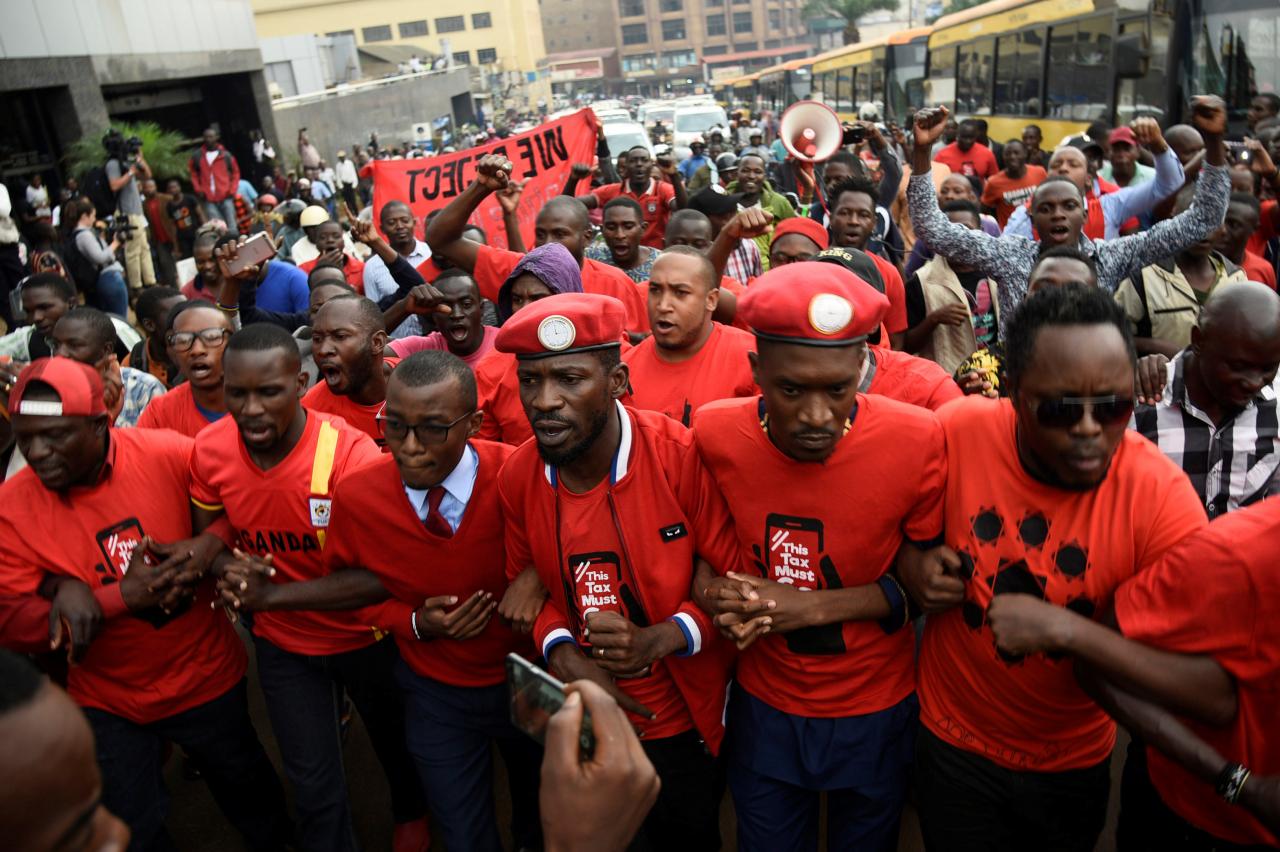
The case of Kayihura’s former deputy, the late Deputy IGP Andrew Felix Kaweesi is more curious. Kaweesi was gunned down in March of 2017 in a gangland style assassination that could fit the bill both as an act of criminal warfare or political assassination.
Indeed, in the context of the rented workplace between criminals and politicians it was likely a crime committed by those who are above the law. That is that they tend to be the same folks who commit the crime and investigate it at the same time.
A young charismatic would-be politician the late Kaweesi had grown very wealthy in a way that either corrupt politicians or criminals do. If he were alive today Kaweesi would have been a player in the 2021 election. As an elected politician he would have been a potential candidate for Vice President. This post is traditionally reserved for a Muganda catholic – which Kaweesi was both. He also had ethnic ties to western Uganda making him amongst the few politicians that can appeal to a wide ethnic base.
More so if he were indeed a future VP, that position is the sweet spot in Uganda’s succession politics. As an entrenched politician likely to die in office there is only one legally feasible and proscribed path to the presidency in Uganda; the ascension of a Vice President.
Even theoretically therefore Kaweesi could have emerged as a force nationally but it will never be known now. After the exit of Gen Kayihura the Uganda Police Force and the political establishment have pivoted somewhat towards greater control of crime and official corruption after a public outcry.
As for the drug trade, it is worth discussing where it fits in the hierarchy of concerns a powerful western government might have – enough to warrant the sort of action against the Akasha’s or even hidden sanctions against high ranking individuals like Kayihura – if at all they are related.
COFFEE BEANS OR MAGIC MUSHROOMS.
Some aspects of why “The Empire” may act are not in dispute.
To understand why however we must look at international policing like vermin control by powerful actors. That is because the curbing of pandemics is one of the essential pillars of the policies of imperial western governments.
One must add “imperial” because the money spent on preventing the spread of diseases such as HIV/AIDs, Ebola or Avian Flu easily dwarfs that spent on political programs aimed at extending the boundaries of “democracy and respect for human rights”. It is only rivaled by spending on military programs such as the “ war on terror” which are designed to physically eliminate violent threats. Both disease control and dealing with terrorism constitute the main platform for the relationship between the United States, for example, and countries like Uganda.
The United States Agency for International Development ( or USAID) spends most of its money on disease control in Uganda while its sister the Department of Defense does something similar with military aid – making the country a major recipient of aid from Washington.
By end of 2019, US assistance to Uganda most of which goes to healthcare topped a billion dollars.
This is mostly due to PEPFAR or the Presidents Emergency Plan for AIDS Relief launched by one of the more imperial of US Presidents – George W Bush in 2013. A total of nearly $90 billion has been spent by Washington on this program alone.
The narcotics drugs issue must fit within this formula – either as an enabler of terrorism or in effect the spreading of drugs addiction as a disease.
Latin America is in this way a good example to ( while drinking coffee or smoking magic mushrooms) attempt to predict what Uganda’s future with the drug trade looks like.
That is seen from its relationship with the West.
Latin America is a good “case study” because amongst other things it is next door to the United States. It is in effect already in a close relationship with America. Secondly countries like Mexico have a serious problem with drugs. In fact, the “war on drugs” centered on Latin America’s roughest gangs is the narcotics equivalent of PEPFAR. Billions of dollars have been poured into it.
The future looks like so.
Every five years Mexican political elites go to elections. This happens even when there is near civil war level violence from gang warfare. In their” shared working space” with organized crime outfits like the Sinaloa cartel, Mexican politicians and their criminal partners agree that democratic elections must happen.
The US does its best to contain it. Under Donald Trump the Eastern District Court convicted the head of the Sinaloa Cartel “ El Chapo” not far from where the Akasha brothers were convicted.
Donald is also building a wall.
So it looks like the Ugandan public like the Mexican one will have to live with drug lords and politicians mixed together for a while. The future is one of drug violence and state violence co-mingled.
If and when Robert Kyagulanyi ( Bobi Wine), the political contender in the 2021 elections makes it to the ballot box, that future will even be personified. Bobi Wine’s detractors accuse him of being a stooge of The Empire. He is also accused of being a current or former drug addict.
IF he becomes President will he be Anakin Skywalker or Darth Vader.

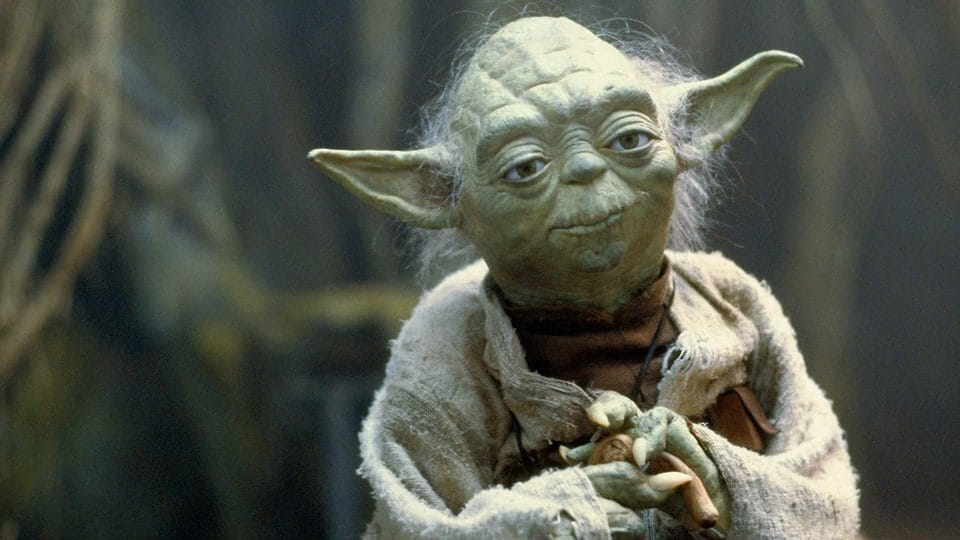
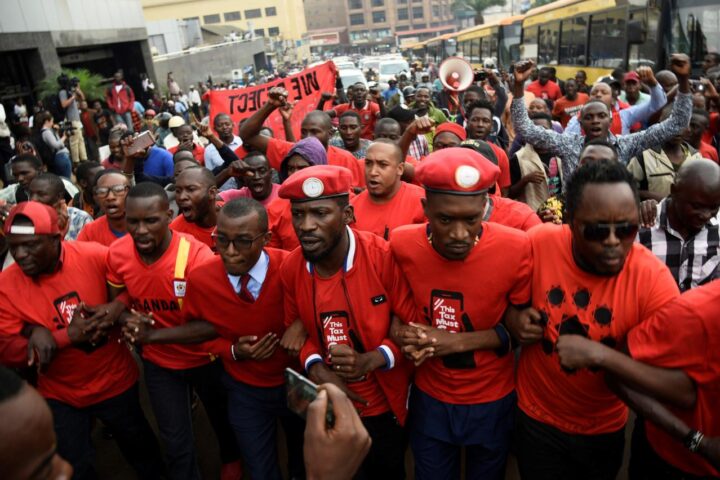



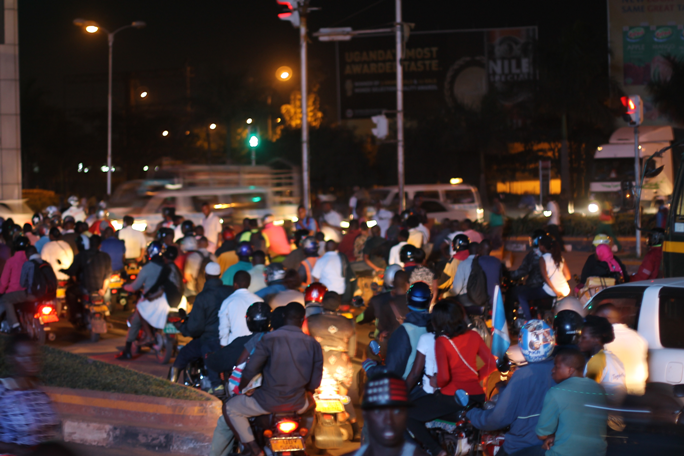

To say it’s interesting in itself is defeating yet it passes as the only way to sum up all this.
Given that the up and coming elections are said to be highly monetised, many might need the money for their campaigns and in the long run, more drugs are going to be on the market.
I have been educated by these series. Thank you.
I love this ……I am currently writing a movie script on the drug trade in Uganda……and from the research I did I was told of high level business men. And women having Labs in their compounds.